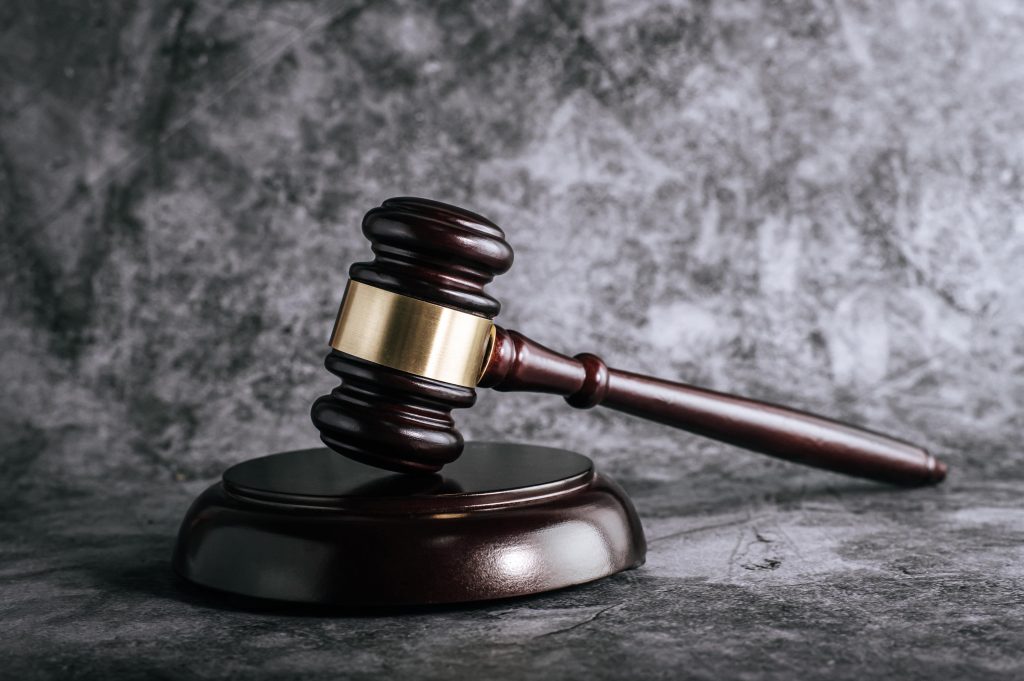What To Do After Posting Bail: Steps to Protect Yourself Before Trial

Being released on bail often brings relief, but it also marks the beginning of one of the most important phases of your criminal case. The period between posting bail and appearing in court can significantly affect the outcome of your case. Missteps during this time, even small ones can lead to new charges, revoked bail, or harsher conditions later. Understanding what to do after your release is essential to protecting yourself and your future.
Understanding Your Release Conditions
When the court grants release on bail or bond, it typically imposes certain conditions that must be followed. These may include restrictions on contact with alleged victims or co-defendants, travel limits, sobriety requirements, or firearm surrender. Review these terms carefully with your attorney as soon as possible. Even an unintentional violation can result in arrest or additional charges. Knowing the boundaries up front is the best way to stay compliant and avoid unnecessary risk.
Keep Every Court Date
Your release comes with one critical obligation: showing up for every court appearance. Failing to appear, even once, can trigger a bench warrant and cause the court to revoke your bail. Mark your hearing dates clearly, set reminders, and allow extra time to arrive early. If an emergency arises, notify your attorney immediately so they can request a continuance or explain your absence to the judge before it becomes a problem.
Maintain Close Communication with Your Attorney
Once released, stay in consistent contact with your lawyer. Provide them with any documents, receipts, or contact information they request. Be completely open about the events leading up to your arrest, your attorney’s ability to defend you depends on the full picture. Regular communication allows your attorney to identify potential defenses, file timely motions, and negotiate effectively with the prosecution.
Preserve Evidence and Witness Information
After release, act quickly to preserve any evidence that could support your case. Save text messages, photos, videos, or other digital communications that may be relevant. Write down witness names, phone numbers, and a brief description of what they saw while details are still fresh. Avoid posting about the case on social media, deleting content, or discussing the situation publicly anything you say or remove can later be used against you.
Avoid Further Legal Trouble
While your case is pending, it’s vital to stay out of any additional legal trouble. A new arrest, even for a minor offense, can result in your bail being revoked or stricter release conditions imposed. Avoid high-risk environments, comply fully with court orders, and steer clear of individuals involved in your case. Judges consider your conduct after release when determining future bail decisions and sentencing outcomes.
Prepare for the Road Ahead
Depending on your circumstances, your attorney may suggest proactive steps such as enrolling in treatment, counseling, or community programs before trial. Taking these measures can demonstrate responsibility and may help in negotiations for reduced charges, dismissal, or entry into a diversion program. The effort you make now can influence how the court views your case later.
Moving Forward
Posting bail is not the end of your criminal case — it’s the beginning of your defense. Every decision you make while on release matters. At the Law Office of Erin Bradley McAleer, we guide clients through every stage of the process, from the initial bail hearing to trial and beyond. If you or a loved one has recently posted bail, contact our office for a confidential consultation and learn how to protect your rights before your next court date.